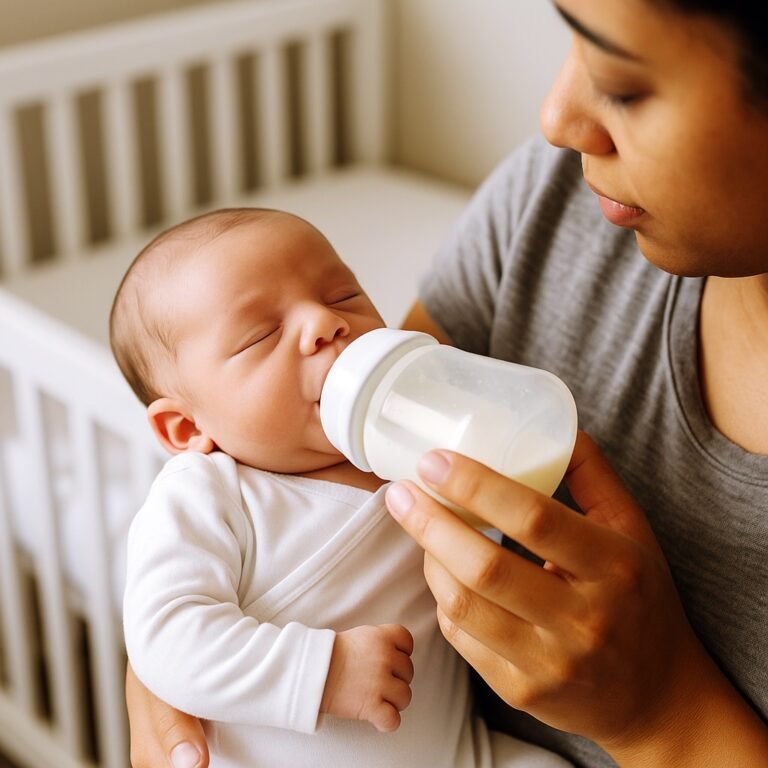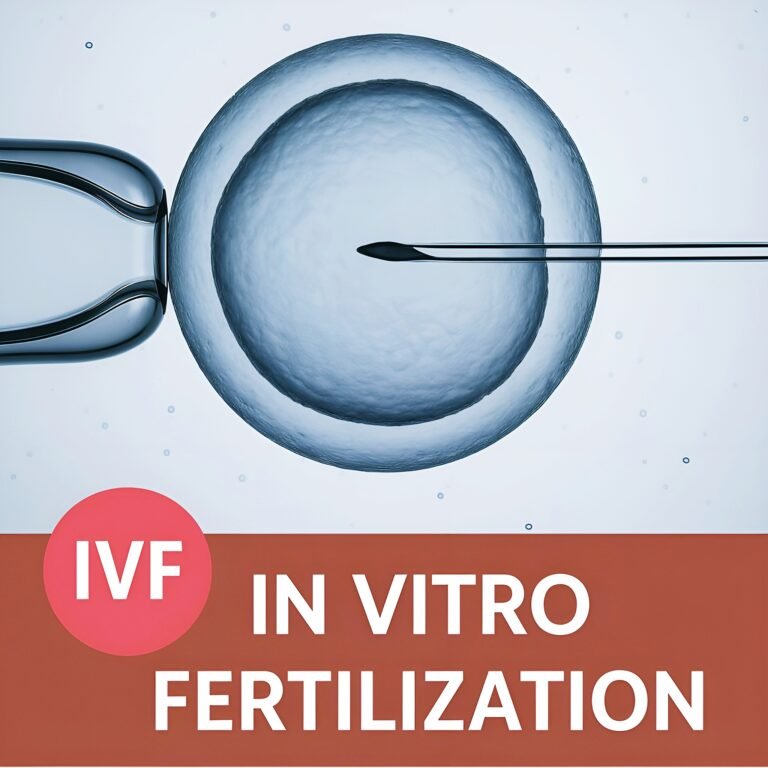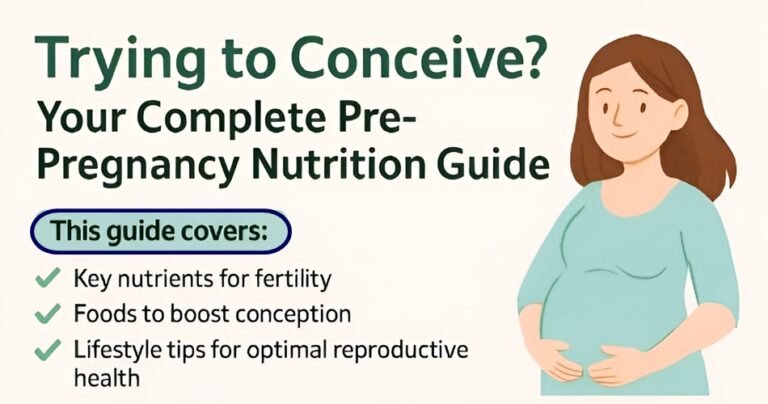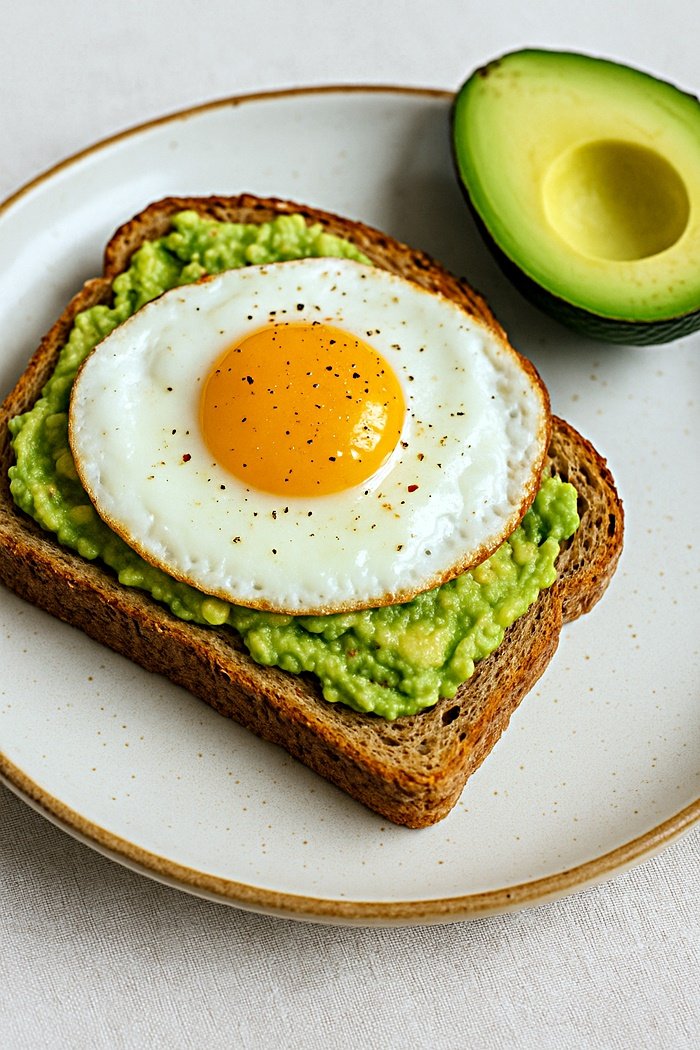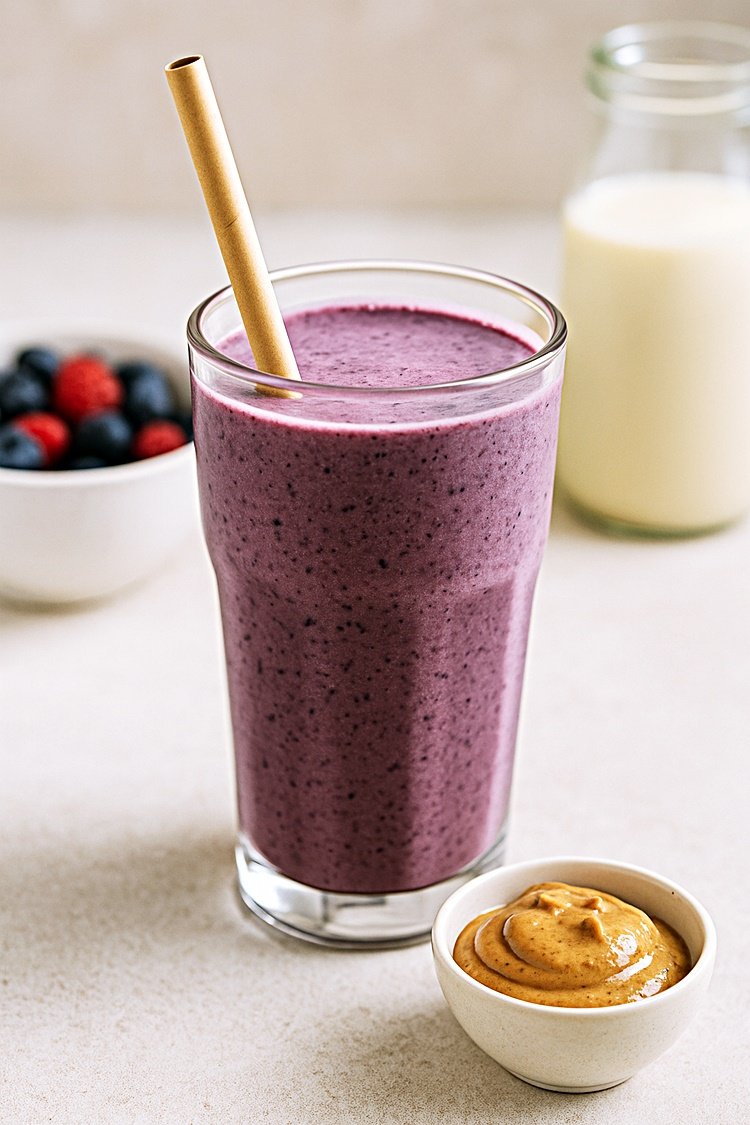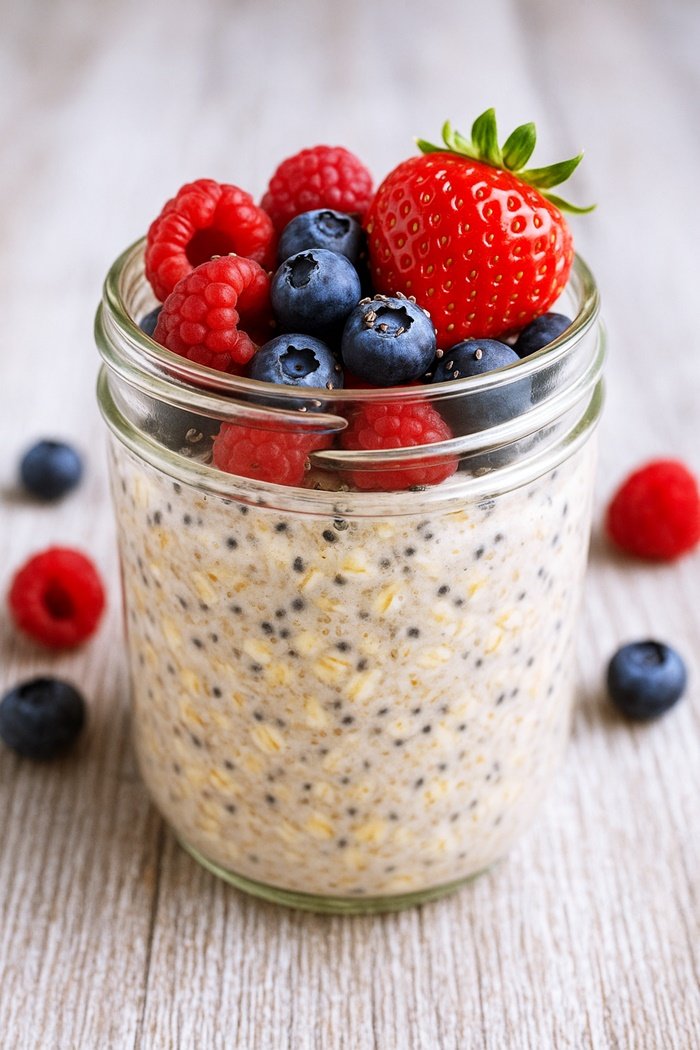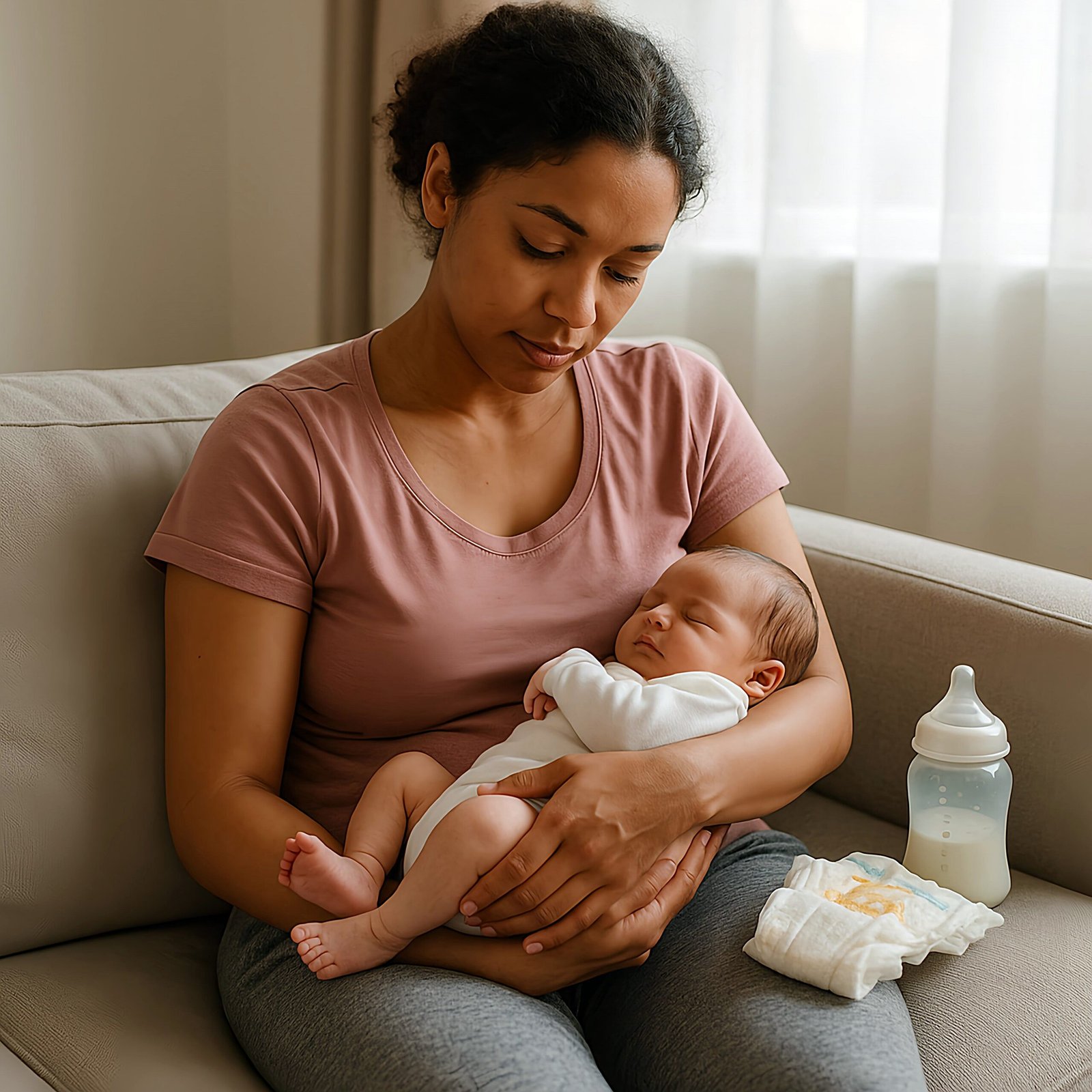
Bringing a new life into the world is a powerful and transformative experience. However, after delivery, your body undergoes a significant healing phase known as the postpartum period, also referred to as the fourth trimester. This critical recovery window—usually the first 6 weeks after birth, but often longer—is when your body, mind, and emotions begin adjusting to life after pregnancy and labor.
Let’s break down what postpartum recovery looks like, what’s normal, and when to seek help.
How Long Does Postpartum Recovery Take?
While the standard medical definition is 6 weeks, full postpartum recovery can take 6–12 months, especially if you’ve had a C-section, complications, or are breastfeeding.
According to the American College of Obstetricians and Gynecologists (ACOG):
- Uterus takes 6–8 weeks to shrink back to pre-pregnancy size
- Vaginal soreness (after vaginal delivery) may last 1–2 weeks, longer with tearing
- Bleeding (lochia) can continue for up to 6 weeks
- C-section recovery may take 8 weeks or more
What to Expect Physically
1. Vaginal Bleeding (Lochia)
- Starts heavy and bright red, gradually turns pink/brown, then yellow/white
- May last 4–6 weeks, even after a C-section
2. Perineal Pain or Tearing
- 60–70% of vaginal deliveries involve some degree of tearing
- Ice packs, sitz baths, and peri bottles help ease pain
3. C-Section Recovery
- A surgical incision needs proper wound care
- Avoid lifting anything heavier than your baby for several weeks
4. Uterine Contractions
- “Afterpains” help your uterus contract and prevent hemorrhage
- More common and painful during the second or third deliveries
5. Breast Changes
- Engorgement peaks around 3–5 days postpartum
- Sore nipples, clogged ducts, and the let-down reflex are common
6. Constipation & Hemorrhoids
- A result of iron supplements, pain meds, or pelvic pressure
- Increase fluids, fiber, and use stool softeners if needed
Mental and Emotional Recovery
Postpartum isn’t just physical—your mental health matters too.
Postpartum “Baby Blues”:
- Affects up to 80% of new moms
- Mood swings, weepiness, irritability within the first 2 weeks
- Caused by hormonal crash, sleep loss, and stress
Postpartum Depression (PPD):
- Affects 1 in 7 women
- Lasts longer than 2 weeks, with intense sadness, anxiety, or hopelessness
- Talk to your provider or a mental health specialist—PPD is treatable
Postpartum Anxiety & OCD:
- Includes racing thoughts, panic, or compulsive checking
- May affect even moms with no prior anxiety history
Nutrition & Hydration for Healing
Your postpartum body needs high-nutrient fuel, especially if breastfeeding.
Key Nutrients:
- Protein – Tissue repair & milk production
- Iron – Replace blood loss & prevent fatigue
- Calcium & Vitamin D – Bone support
- Omega-3s (DHA) – Mood regulation & baby’s brain development
- Hydration – Aim for 3 liters/day if breastfeeding
Postnatal Vitamins:
- Continue your prenatal or postnatal supplement for at least 6 months
- Look for formulas with folate, iodine, choline, and vitamin B12
Essentials for Recovery
Here’s a quick checklist of must-haves for postpartum comfort:
- Maternity pads/adult diapers
- Peri bottle for gentle cleaning
- Witch hazel pads or sprays
- Mesh underwear or high-waisted briefs
- Nursing bras & breast pads
- Heating pads or ice packs
- Stool softeners
- Postnatal vitamins
- Support belly wrap (especially after C-section)
When to Call a Doctor
Seek medical attention if you experience:
- Fever over 100.4°F (38°C)
- Foul-smelling discharge
- Heavy bleeding (soaking a pad in under 1 hour)
- Painful or red C-section incision
- Signs of depression or intrusive thoughts
- Chest pain, shortness of breath, or leg swelling
Postpartum complications can be life-threatening. 1 in 3 maternal deaths in the U.S. happens after childbirth. Never hesitate to speak up.
Final Thoughts
Postpartum recovery is a process—not a deadline. Rest, nutrition, hydration, and support are key. Whether you’re healing from vaginal birth, a C-section, or navigating the emotions of new motherhood, give yourself grace.
You’re not alone, and you don’t have to “bounce back.” The goal is to recover, heal, and thrive—physically and emotionally.
Remember: Your health matters as much as your baby’s. Take care of you, too.
